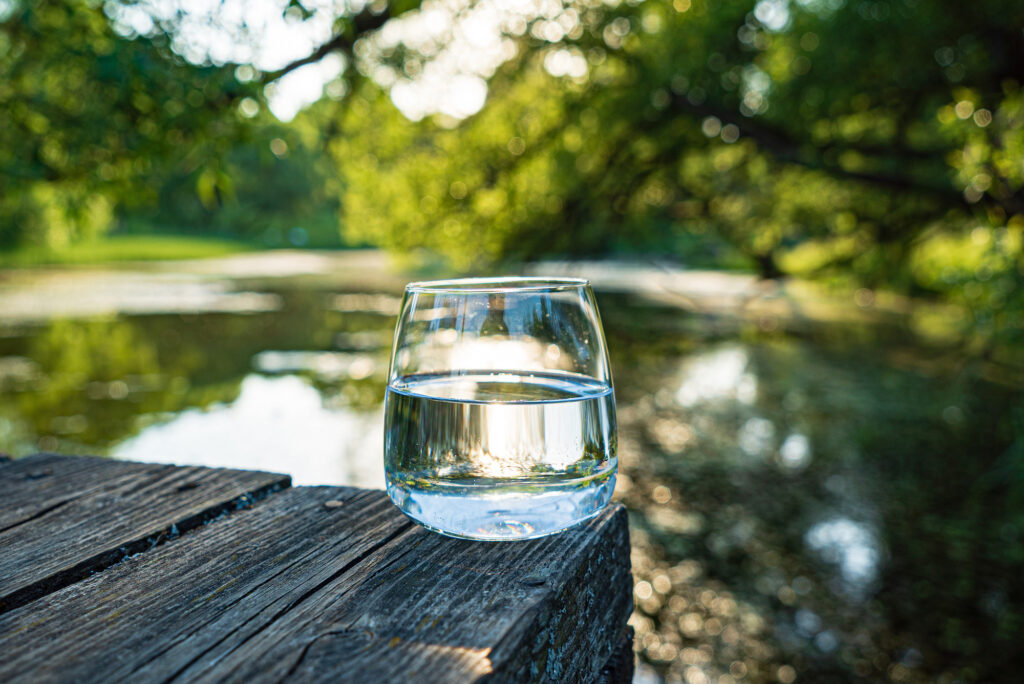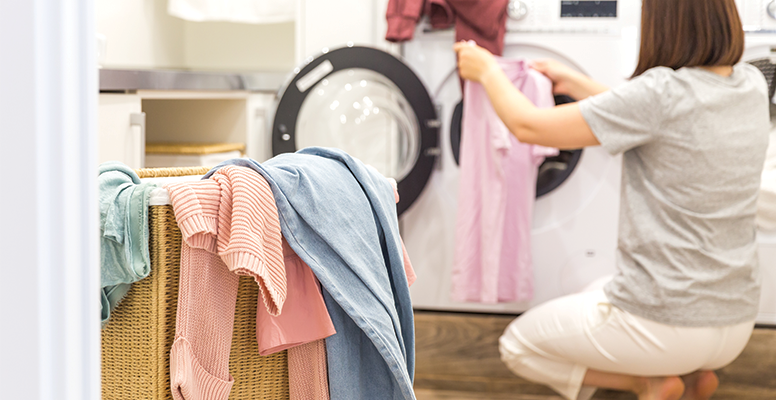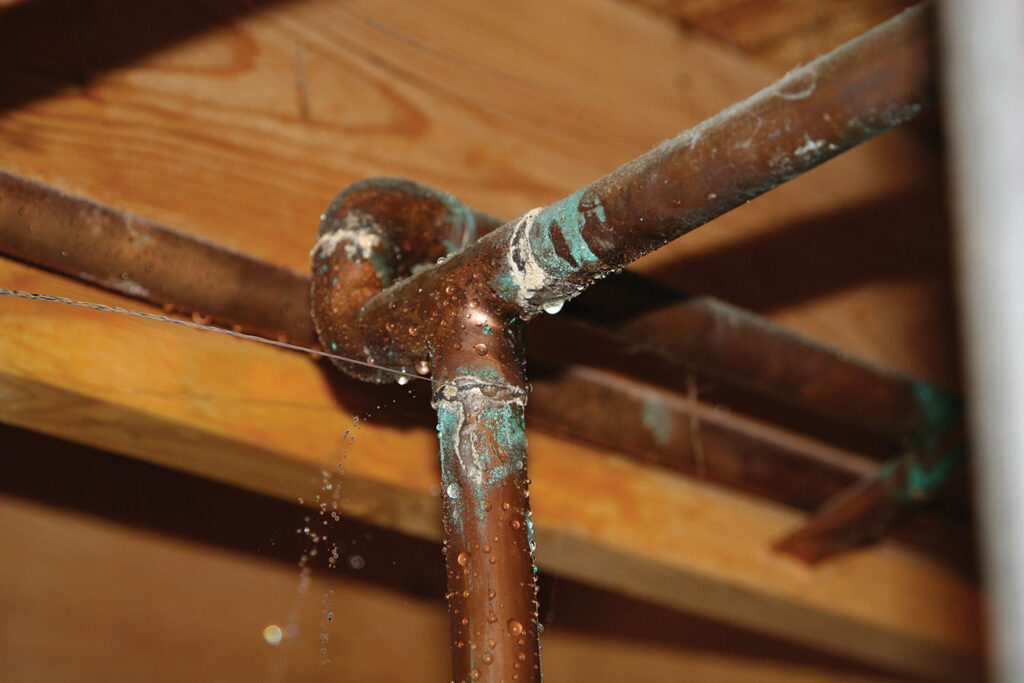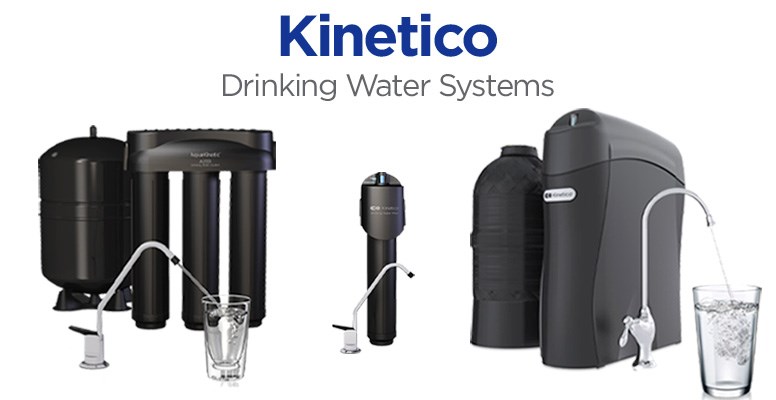City water may be treated, but some municipal water supplies still require in-home water treatment. Although city water (water from a municipal water system) is usually treated before it reaches your home, most city water is still hard and contains some level of contaminants. Municipal water treatment plants are required to provide water that meets federal regulations, but it’s becoming more challenging for them to meet these standards. But more importantly, are federal standards the same as your standards? No matter how pristine the water is when it leaves the treatment plant, it must travel through an aging distribution system and possibly old pipes in your home and can pick up impurities along the way.
So is your Kentucky’s municipal water safe and how does it taste?

How can you treat it? Locally, is Kentucky tap water is safe to drink? While the water that runs into your home is safe, it is often packed with various chemicals and contaminants, which means you will not be enjoying the highest quality of water and the benefits it provides. Kentucky tap water is considered relatively hard due to the many limestone deposits it passes through on its way to your home. This means that your Kentucky tap water contains more calcium and magnesium, which can block your plumbing and lead to limescale build-up.
There are a number of treatment methods to improve the quality of city water. The appropriate method is determined by the water’s quality and how it will be used in the home. You can schedule a free in-home or in-business water test with our KarSare Water Experts:
How does Municipal Water affect your Working Water for Bathing, Washing and Cleaning?
Working water, for washing, bathing and cleaning, makes up 99 percent of the water that’s used in the home. Even though your water is supplied by a city or municipality, it is probably hard and likely contains a disinfectant like chlorine or chloramine. Hardness can cause problems with your water-using appliances, surfaces that come in contact with water, fixtures and tableware. Over time, chlorine/chloramine can damage your clothing in the wash, and it can dry out rubber seals in water-using appliances. City working water is frequently treated with a prefilter, water softener and dechlorination or chloramine removal system.

How does Municipal Water affect your drinking water?
Although the water you use for drinking and cooking makes up about one percent of the water used in your home, its quality is probably most important to you. To make sure water is safe for human consumption, water supplies are treated with disinfectants at the water treatment facility. These disinfectants ensure the water meets guidelines set by the Environmental Protection Agency (EPA). For safety reasons, the disinfectant must remain in the water while it travels through the distribution system to your home, but once there, it is no longer needed (or wanted).

What are some common issues or contaminants in your municipality’s water?
Although most city water is treated, it can still cause problems around your home. Common city water contaminants and issues include:
- Chlorine and Chloramine: These chemicals are necessary for disinfection, but they can add unwanted tastes and smells to water. Chlorine and Chloramines can also dry out skin, hair, rubber seals and parts in water-using appliances and can fade fabrics more rapidly when washed.
- Staining: City water can still stain and ruin clothing, sinks, tubs, toilets, water-using appliances, even tableware. A replacement may be required, or it could take a lot of effort to remove the stain.
- Tastes and odors: Chlorine taste and odor are common complaints. During certain times of the year, many also notice an unpleasant algae smell and taste. Algal blooms could also be responsible for minor health-related issues.
- Scale and hard water: Scale or limescale is the white, chalky buildup from hard water minerals in water that’s left on fixtures and water-using appliances. It is unsightly and can reduce the life, appearance and efficiency of fixtures, water appliances and other items around your home. Some water treatment plants reduce the amount of hardness in the water, but they don’t provide you with soft water.

How can I improve or treat my home’s city water?
Drinking water systems are necessary when municipal water users want to reduce the level of contaminants, chlorine or chloramine, bad tastes and odors from water. Kinetico has a variety of solutions to improve drinking water. The K5 Drinking Water Station is a reverse osmosis system certified to reduce more contaminants than any other similar drinking water system. It has multiple configurations that allow you to customize the filtration for your home.








